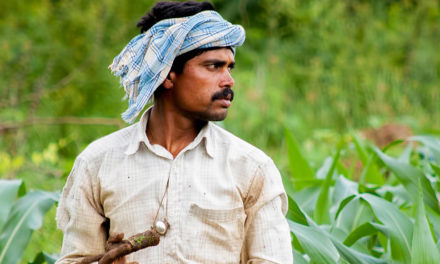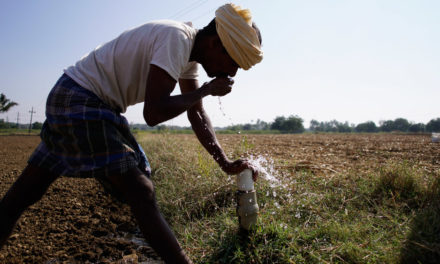This course aims to provide a theoretical and practical understanding of agrarian change and rural livelihoods in the ‘marginal ecologies’ of the Global South. It deliberately focuses on the less-studied agrarian practices in upland and dryland regions, instead of ‘mainstream’ agriculture in the more commercial river valley regions of the world. The bulk of the rural poor inhabit these regions, and a major share of the world’s food production occurs here, and yet these regions are marginal to the main body of work in agrarian studies. The reality of smallholders in the world today is that of diversified livelihoods, in which agriculture and other land based activities continue to play a significant (albeit changing) role. The course aims to familiarize students with the big debates on the role of agrarian and rural systems, as well as the lived realities and everyday practices of agriculture and land and natural resource based livelihoods in these regions. It focuses on shifting cultivators, pastoralists and forest-dependent households who are simultaneously smallholder peasants. Migration, mobility and diversification into non-farm livelihoods are a critical part of their coping strategy, and a key way in which they deal with natural and market-related risks.
The course provides various theoretical lenses and disciplinary perspectives for situating macro-level (from ‘above’) debates on agriculture/rural development within larger developmental discourses. It then introduces students to theories explaining micro-level (from ‘below’) decision making at the level of individuals, households and groups/communities with regard to land-based livelihoods. It ends with case studies of such livelihood strategies in the context of forest-dependent, pastoral and shifting cultivation based smallholders.




